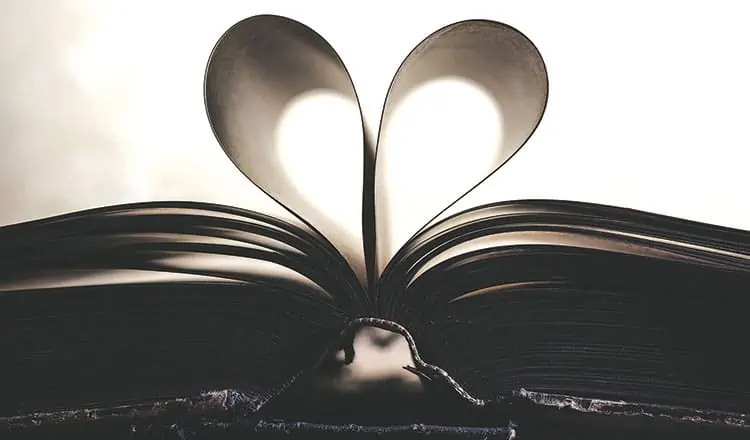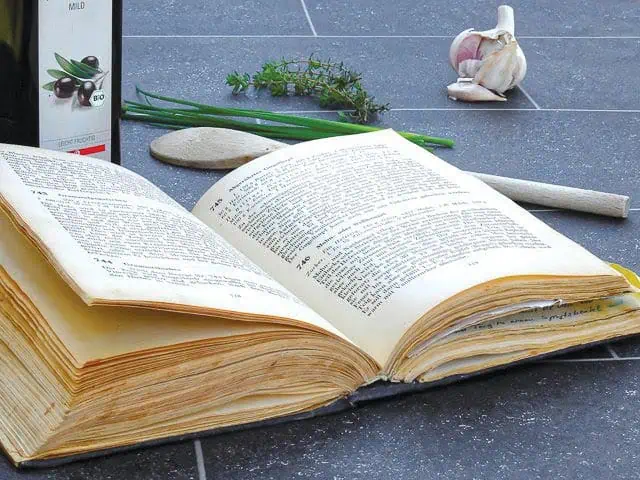“We were praying and killing each other at the same time.”
— A German soldier reflecting on D-Day
Once peace is waged what do we remember about the battlefields? Tales of war can become like the whispering game after a few generations have passed, apart from the “official versions” of the truth.
But World War II caused the earth to shift for Europe, and the British Broadcasting Corporation (BBC) didn’t let the stories die with the soldiers. In BBC History of World War II, 10 DVDS totalling 30 hours and available at the Whitehorse Public Library, a remarkable record has been gathered from a series of television programs produced between 1989 and 2005.
At the heart of the BBC programs are archival footage and audio clips, historical records, and interviews with first-hand witnesses of all stripes, including Nazi officials and German and Russian soldiers.
The programs are presented in roughly chronological order, but there are variations in the presentation of each program. For example, some integrate dramatizations of the events with factual audio-visual material, while others rely on a reportorial and analytic approach. Academic experts were involved in the productions and serve as presenters on several programs.
The set begins with an in-depth look at the rise and fall of Nazi Germany, The Nazis: A Warning From History, which includes stunning footage of the conspicuous parading and revelry that marked the early years.
The second disc, The Road to War: Canada, Italy, Japan, USA, explores the events and political conditions in pre-war Europe, and the countries that eventually participated in the war.
Accounts of pivotal battles in the military campaigns that follow are as riveting as any feature film. Among these, The Battle for the Atlantic was especially thrilling, documenting German U-boats — “wolfpacks” — lurking beneath the sea and terrorizing British supply ships, until the cracking of the Enigma code precipitated a dramatic turnaround.
The producers’ painstaking thoroughness is especially satisfying in this segment, with military strategy and British and German generals studied in detail, and interviews with the naval officers from both sides who tell hair-raising stories of battle and survival.
Look for a candid photo of Karl Dönitz, German commander of the U-boat campaign, accepting a token gift from a dishevelled Hitler late in the war. Dönitz’s weary distrust of the unstable dictator is palpable.
Other highlights in the series include a docudrama about the evacuation of Dunkirk, a comprehensive study of the war on the Eastern Front (The War of the Century: When Hitler Fought Stalin), an evaluation of the RAF Bomber Command, and two discs devoted to D-Day — D-Day 6.6.1944 and D-Day to Berlin. The series concludes with two discs about the horrors of the concentration camps and the Final Solution.
The inherent drama of World War II and its lasting impact on our 21st century psyches, depicted with rich archival sources, eyewitness accounts, and high production values make this documentary series compelling and necessary viewing.



